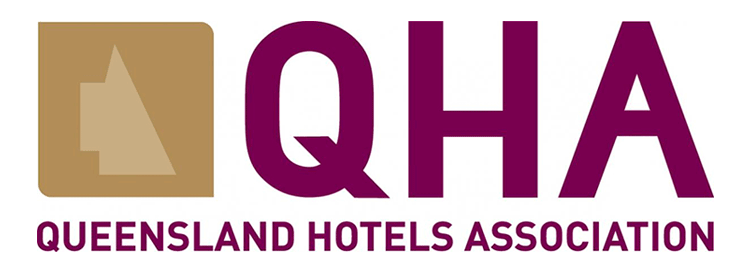Keep your data safe on holiday
What’s worse than coming home to mouldy food that you forgot to throw out when you went on holiday 6 weeks ago?…

What’s worse than coming home to mouldy food that you forgot to throw out when you went on holiday 6 weeks ago? Finding out that your identify has been stolen! In 2015 more than 770,000 Australians fell victim to identity theft1.
Here are 5 tips to help keep your data safe while travelling.
1. Avoid using public WiFi
Many hotels, airports, motels, city precincts and cafes offer free wifi which is great for catching up on emails or social media. But, these public networks are open to anyone and everyone. Including people who have scanning equipment which can be used to skim off all your personal data.
Also, avoid making online banking transactions over public internet connections. Instead, plan ahead by purchasing a pre-paid global roaming package from your internet provider and use this for anything you need to do whilst on holiday’s.
2. Protect your password/s
Most of us have a number of passwords for different things. However how many people use passwords that are easy to remember? Choosing a password that includes capitals, symbols and numbers are harder for hackers to crack. Also, for services that require a password online, opt for a two-step identification process including a text message or fingerprint authentication.
3. Don’t use ‘share’ computers
As a general rule, not just when on holiday, avoid using public computers with anything to do with private information including your finances. If you do need to use a public computer, don’t log into any of accounts, such as email, instead access the information from a USB stick. Also, avoid plugging any device into ‘charging stations’ because the charging cable could have been replaced with a cable that allows software to run an access data from your device.
4. Turn your Bluetooth off
Avoid leaving your Bluetooth on when you aren’t using it. Hackers can use your Bluetooth connection to access your banking through phone-based payments and to download your private information. The best solutions is to ensure your Bluetooth is turned off when not in use, call it a generic name with no personal information and avoid using Bluetooth when in a busy or crowded place.Regularly back up your data
There are many ways to back up your devices, from portable hard drives, the cloud and other online storage spaces it is important to ensure you backup all photos and any other important information that you travel with.
5. Think before you post
Before posting selfies while relaxing in Hawaii or skiing in New Zealand make sure your social media profiles (including Facebook and Instagram) are set to private. You don’t advertise in the newspaper that your house is unattended, so don’t post on social media if it isn’t secure.
Finally, when planning for a trip often the first things we think to protect are our passports, valuables and anything else that could fall prey to pickpockets’. But protecting smartphones, laptops, cameras and tablets from hackers will help you have an enjoyable holiday that will reduce the likelihood of having your identity stolen.
Source 1: ABC, April 2015, http://goo.gl/X0mVvG.
Back to all blog posts


